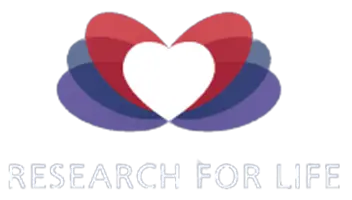The Basics of Wound Care and The Role Cadavers Play
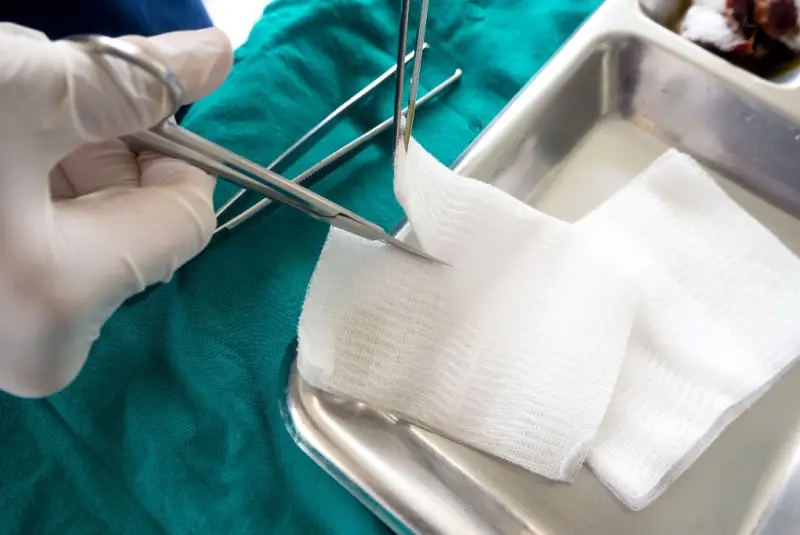
The Growth of Wound Care Wound care has been around since the beginning of humankind and the basic principles of wound care have been around since as early as 2000 B.C. The oldest medical manuscript, a clay tablet from 2200 B.C, is the first documented writing that has the three basic healing principles: Washing the
The Ins and Outs of Registering An Incapacitated Individual for Whole Body Donation
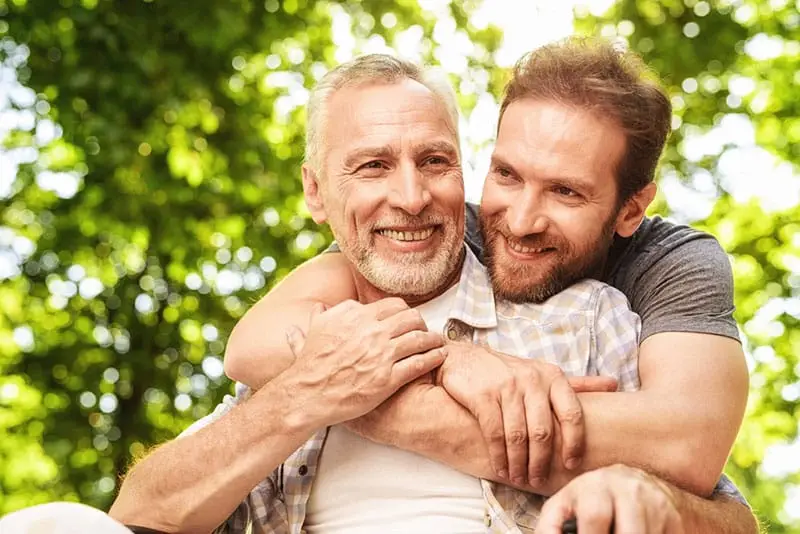
End of life discussions and planning can be overwhelming regardless of who is involved or how it is managed. From decisions about what will happen to your body after death, what memorial arrangements you want or selecting the right, legal next of kin – there are plenty of factors to decide on. What happens though
The Beginning Steps of End Of Life Planning: What to Expect, Where to Start and Who to Talk to
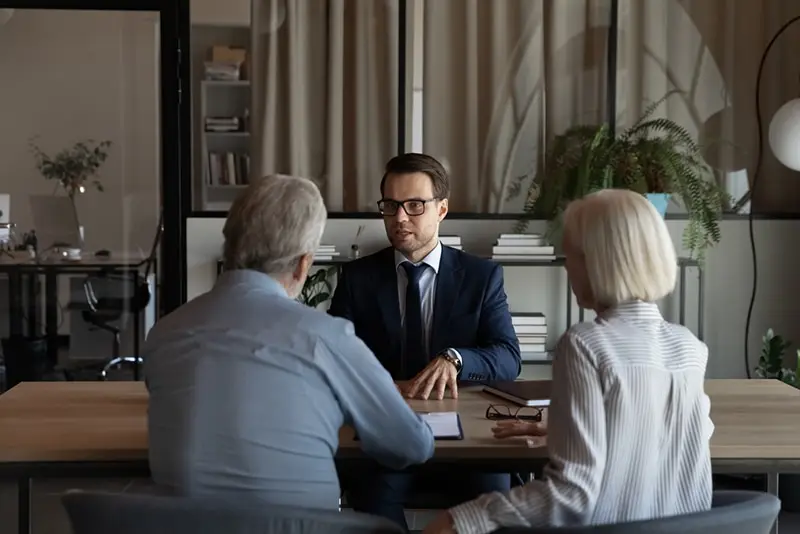
End of life discussions are important to ensure that one’s personal wishes and preferences are known, making sure that their loves ones know what they want in their final days as well as after their death. These discussions are difficult but crucial, while some come to terms quickly with death others have a harder time
The History of Johns Hopkins University: The First Research University

“Our simple aim is to make scholars, strong, bright, useful, and true.” Daniel Coit Gilman, JHU’s first President Johns Hopkins University, founded in 1876 takes its name from 19th-century Maryland philanthropist and entrepreneur Johns Hopkins. With the help of the first president, Daniel Coit Gilamn, Johns Hopkins, the nation’s first research university, opened not only
Tree Pod Burials: A Life After Death

A mighty wind blew night and day It stole the oak tree’s leaves away Then snapped its boughs and pulled its bark Until the oak was tired and stark But still the oak tree held its ground While other trees fell all around The weary wind gave up and spoke, “How can you still be
The Vital Role Of Family In Hospice Care

Hospice is a specialized care program that is typically offered to people who have six or less months to live due to a terminal illness. There are some hospice programs that offer long term care if needed and can be offered in the home, nursing home, assisted living facility, hospital, or hospice house. Fast Hospice
Moving Past Tradition

Why People Are Seeking Alternatives To Traditional Funerals It is no secret that the cost for a traditional funeral is increasing annually and has been for quite some time with the average funeral costing anywhere between $7,000 – $12,000. These prices clearly are not always easily affordable for all families which can make holding a
Cremation: The New Tradition
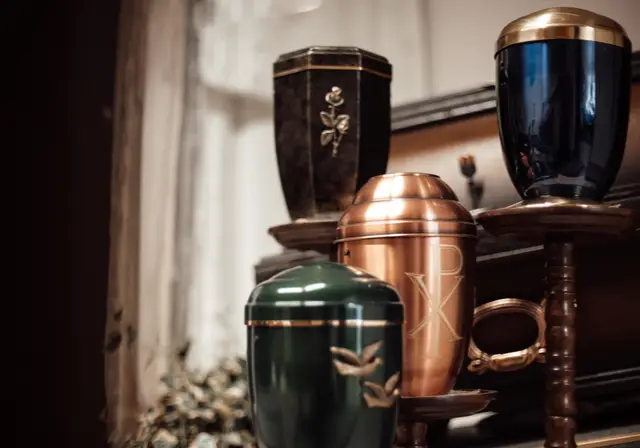
Anatomical donation is an alternative to traditional funeral arrangements with the potential to impact the quality of medical care and breakthroughs for generations to come.
Medical Implants
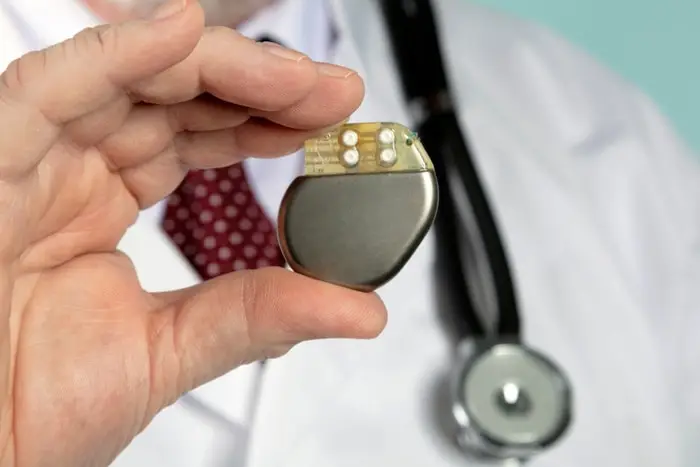
The MVP of the Medical Market Medical implants are man-made devices that are meant to replace missing biological structures, support damaged biological structures, have therapeutic purposes, collect diagnostics, and help maintain daily body functions. Implants can be used within the human body or on the surface of the body either temporarily or permanently. There is
The Future Of The Funeral Industry

Anatomical donation is an alternative to traditional funeral arrangements with the potential to impact the quality of medical care and breakthroughs for generations to come.
